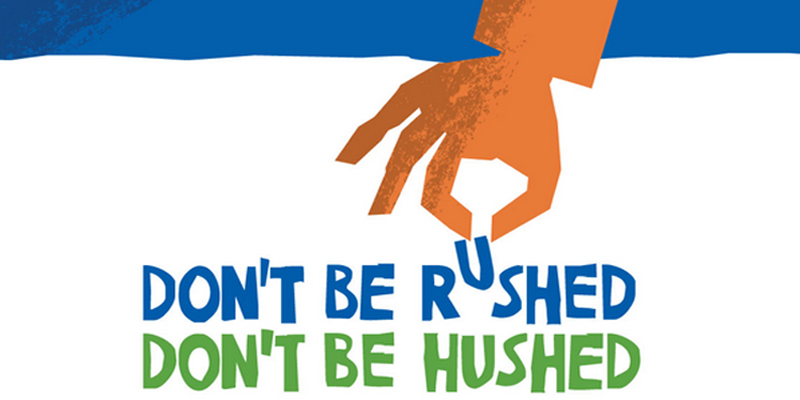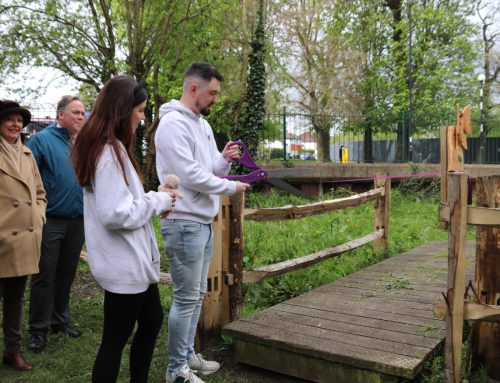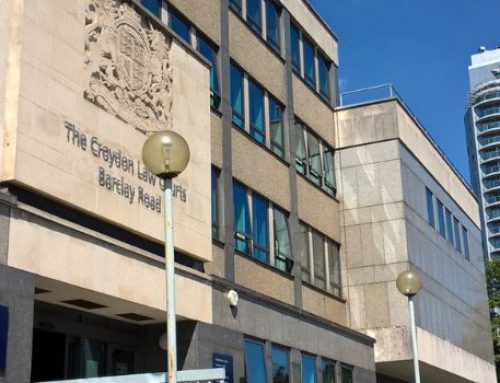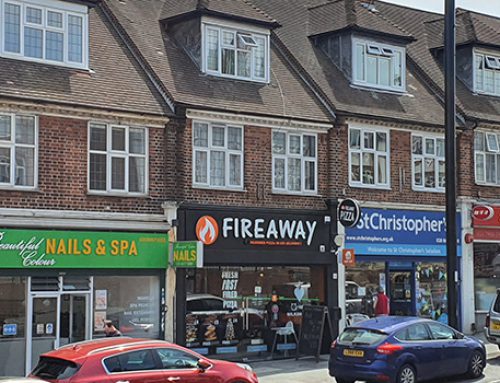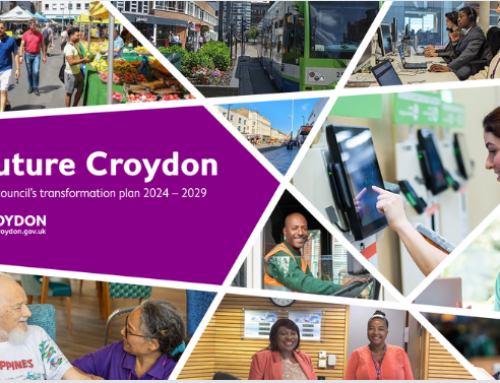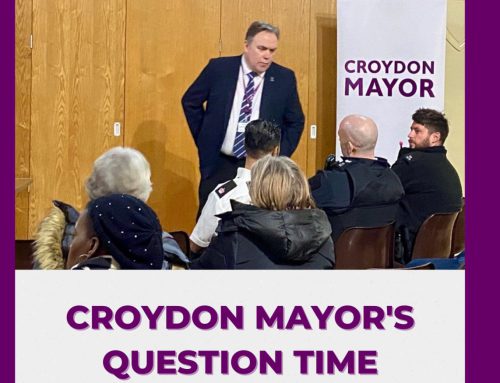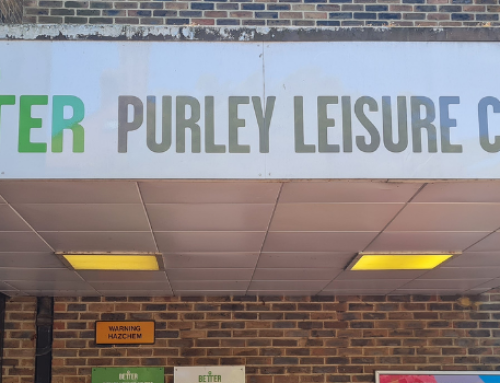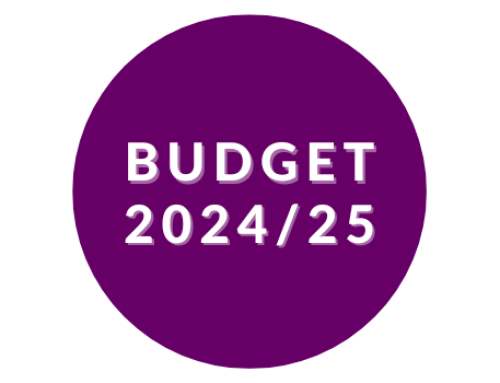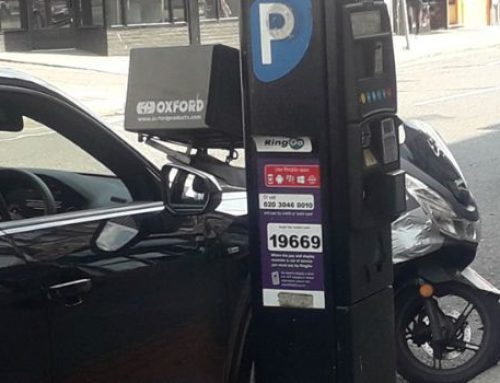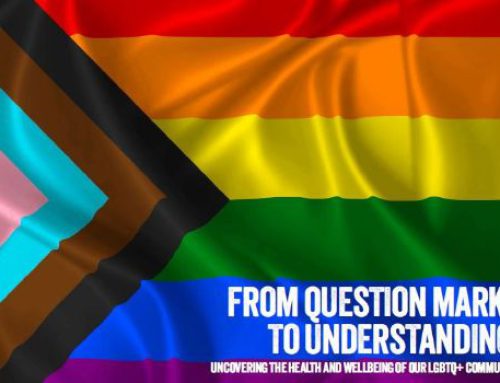As Scams Awareness Month enters its second week (Monday 13), Croydon Council’s trading standards team turns its attention to online scams, and how residents can keep their home computers, tablets and smartphones safe.
The slogan for this year’s campaign is “Don’t be rushed, don’t be hushed”, and its aim is to warn consumers about being rushed by scammers, and refusing to be hushed into silence by a sense of shame, foolhardiness or weary acceptance.
Computer hackers use computer viruses to gain access to computers and wireless (Wi-Fi) networks, to scam users and steal their money and identity.
Trading standards officers have pulled together a list of some of the ways fraudsters can get into your computer to steal your money, personal information and identity, and what you can do to protect yourself.
Many internet scams take place without the victim even noticing. Scammers may attempt to put programs on your computer that can steal, wipe or lock your data. To prevent this, ensure you have anti-virus software and a firewall installed on your computer – and keep them up to date.
By being aware of the following precautions and applying common sense, you should be able to avoid becoming a victim.
- Scammers can use the internet to promote fraud through unsolicited or junk emails known as spam. Delete the email to prevent the scammer continuing to send you emails from lots of different addresses.
- Any email that comes from an unknown sender is possibly spam, especially if it is not addressed to you personally and promises you some gain.
- If you receive an email with an attachment from someone you know but it is not their usual sort of message, do not open the attachment. Instead, speak to the sender to confirm its origin. It may have been infected with a virus and forwarded through their address book.
- Online market places can be a lot of fun and can save you money, but they are also used by scammers who will try to steer you away from online sites and request that you use unusual payment methods, such as money transfer agents or emoney, a digital equivalent of cash.
- Current common scams include non-existent tickets for concerts and events, bogus holiday rentals, and fraudsters posing as potential clients on internet dating sites. Others involve vehicles for sale or hire where the customer expects delivery of said vehicle to their home – and it never arrives. Adverts and websites can be very sophisticated, so do some research to ensure everything makes sense. Always consider your personal safety when meeting anyone you have “met” on the internet.
- Be wary of bogus, official-looking websites, claiming to assist in applying for passports, visas and driving licences.
- Never reveal your personal or financial details unless you know and trust the person or company requesting them.
The following are ways in which scammers gain personal and/or financial information – such as login details and passwords – from victims.
- Phishing – unsolicited email purporting to be from a legitimate company requiring personal details.
- Vishing – voice over cold calling purporting to be from a legitimate company requiring personal details.
- Spear phishing – type of phishing scam that focuses on an individual or department within an organisation, addressed from someone within the company in a position of trust.
More information about online scams can be found by visiting the Citizens Advice Consumer Service at www.citizensadvice.org.uk and typing “online scams” into the search field.

Councillor Mark Watson, cabinet member for communities, safety and justice
“Most households nowadays have internet access, whether it’s through a computer, a tablet or a smartphone.
“That access means that they’re potentially vulnerable to any number of scams in operation at a given time, unless they take appropriate precautions.
“Everybody should have up-to-date anti-virus software installed, and it needn’t cost them a lot of money. A quick search of the net can reveal links to cut-price and, in some cases, free software that offers basic, but essential, protection.
“Failing to install such software leaves you vulnerable to con artists operating from literally anywhere in the world.”
If you think you have uncovered a scam, or have been targeted by, or fallen victim to, a scam, there are many authorities you can contact for advice or to make a report.
Reporting crime, including fraud, is important. Failure to tell the authorities means they cannot know it has happened and can do nothing about it. If you are a victim of a scam or an attempted scam, however minor, there may be hundreds or thousands of others in a similar position. Your information may form part of one big jigsaw and may be vital to completing the picture.
In the Metropolitan Police area, all fraud should be reported directly to Action Fraud online at www.actionfraud.org.uk or by calling 0300 123 2040. The exceptions are if a crime is in progress or about to be committed, the suspect is known or can be easily identified, or the crime involves a vulnerable victim.
If any of these is the case, you should contact police directly by dialling either 999 in an emergency, or 101 in a non-emergency.
If you have any information on any crime and you would prefer not to speak to police, call Crimestoppers anonymously on 0800 555 111 or visit www.crimestoppers-uk.org

